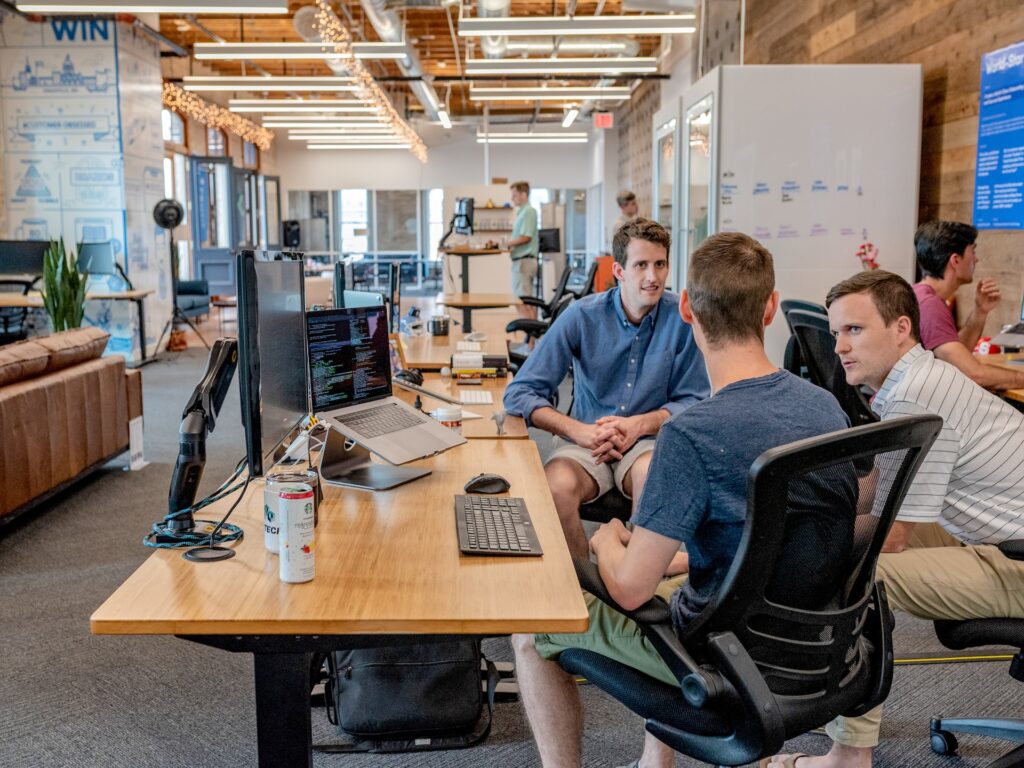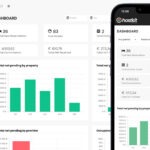In an increasingly digital and interconnected world, efficient management of access to shared spaces has emerged as a priority in various economic sectors, shaping not only security but also operational dynamics.
In this article, we will explore how the installation of smart locks reinforces security and enhances convenience and management in a variety of shared environments, including commercial spaces, coworking areas, sports facilities, healthcare units, education, and leisure spaces.
The Importance of Smart Locks
The impact of using smart locks goes beyond a mere security issue, as it directly influences how shared spaces operate on a daily basis. The agility in assigning temporary or permanent access, the capability of remote monitoring, and the elimination of dependence on physical keys are key elements reshaping operational management in various sectors of activity.
Smart Locks in Shared Spaces
Security: Smart locks offer a significantly higher level of security than traditional locks, thanks to biometric authentication, PIN codes, mobile app functionality, notifications, and remote monitoring and operation. Additionally, smart locks enable entry logging, aiding in identifying suspicious activities.
Convenience: Smart locks make access to shared spaces more convenient for all users by eliminating the need for physical keys, allowing users to access spaces with just a touch on their smartphone.
Efficiency: The ability to assign temporary or permanent access remotely can streamline entry management, as well as the ability to monitor entries, helping to identify potential operational issues.
Smart locks can be used in various types of shared spaces, including:

Commercial Spaces
For owners, smart locks provide stricter control over access during extended hours, reducing the risk of unauthorized entries. Smart locks enable more effective access management through the allocation of custom digital codes and digital entry logging. For employees, smart locks eliminate the need for physical keys, simplifying daily activities and facilitating the management of temporary access and the integration of new team members or the reception of visitors.

Healthcare
Strict control of access to restricted areas, such as treatment rooms or medical records, ensures that only authorized personnel have permission to enter. The ability to grant temporary access is particularly useful for visits from family members. Additionally, digital entry logging contributes to compliance with stringent data privacy standards.

Hospitality
Smart locks transform the guest experience, making the check-in process faster and hassle-free. Guests can use their smartphones to access their rooms, eliminating the need for physical keys. Moreover, smart locks allow efficient management of access to specific areas, such as spas or recreational areas.

Education
They are a versatile solution for controlling access to classrooms, laboratories, and administrative areas. The ability to program temporary access is particularly beneficial in situations like special events or guided tours. Additionally, it allows institutions to maintain an accurate record of entries, thereby enhancing the security of students and staff.

Residential
The ability to grant temporary access to family members, friends, or service providers, even remotely, is a significant benefit. Additionally, the elimination of the risk of lost or stolen keys provides peace of mind to homeowners.

Retail
They provide effective management of access to storage areas, offices, and restricted zones during extended hours. Scheduling temporary access for suppliers or maintenance teams simplifies daily operations. Furthermore, integration with potential surveillance systems allows more comprehensive security control, contributing to loss prevention and improving operational efficiency.

Coworking Spaces
Facilitate the entry of members, allowing customization of stay duration according to subscription plans. The ability to grant temporary access to visitors offers not only convenience but also robust security in shared work environments.

Sports Facilities and Fitness Centers
Smart locks provide members with secure and convenient access to specific areas such as lockers, boxes, or sports facilities. The ability to grant temporary access facilitates the admission of visitors, teams, or invited instructors. For employees, they simplify daily operations by eliminating the need for physical keys. The ability to monitor entries contributes to the security of personal belongings and the facilities themselves.
Initiating Access Control with homeit Smart Locks
1. Get Prepared!
Before purchasing smart locks, you need to know how many doors you need to manage, monitor, or protect.
Evaluate whether you need to replace the lock or just adapt it to the existing one.
If you have to replace the original lock cylinders, you need to know the size and type of cylinder you need.
Considering anti-panic cylinders for user safety is important.
Contact homeit’s sales department if you have doubts or need help planning your purchase: sales@homeit.io.
We can help you choose the right lock for your needs and provide installation instructions and support.
2. Install the Locks
The installation of each smart lock is simple and should take no more than 30 minutes in most cases.
You can do the installation yourself, needing only basic tools like a screwdriver, or contact an authorized homeit installer.
3. Configure Access Control
Use the homeit web application to create accounts for your employees, suppliers, or visitors.
Grant access to specific areas and create monitoring routines, such as the schedule and employees you want to have access to a particular area and at what times.
4. Use the Smart Lock
Your team only needs access to the opening link available in the web app and viewed from the smartphone.
To open the door, just tap the application, and you’re done!









